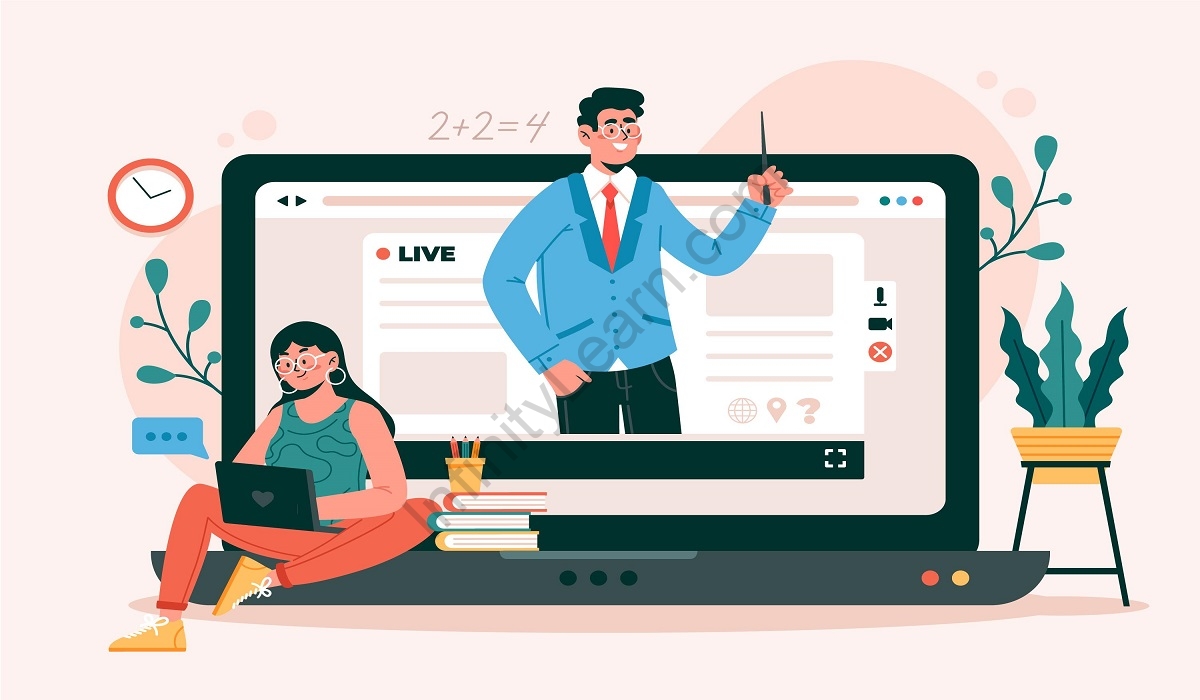Utilizing Social Media for Educational Purposes: A Comprehensive Guide
Utilizing Social Media for Educational Purposes: A Comprehensive Guide

Introduction
Let us learn how Utilizing Social Media for Educational Purposes, A Comprehensive Guide can help students. In the digital age, social media platforms have become an integral part of our lives. While these platforms are commonly associated with entertainment and communication, they also offer immense potential for educational purposes. With their widespread usage and accessibility, educators and students alike can leverage social media to enhance learning experiences, foster collaboration, and engage in meaningful discussions. In this article, we will explore various ways to harness the power of social media for educational purposes, highlighting its benefits and providing practical tips for effective utilization.
Creating Engaging Educational Content
One of the primary advantages of social media platforms is their ability to disseminate information quickly and effectively. Educators can leverage this by creating engaging educational content that caters to their students’ interests and learning styles. By incorporating multimedia elements such as videos, infographics, and interactive quizzes, teachers can make complex concepts more accessible and enjoyable. Additionally, social media allows for the seamless sharing of resources, enabling educators to provide supplementary materials and references to enhance the learning experience.
Facilitating Collaboration and Discussion
Social media platforms provide an ideal space for fostering collaboration among students. By creating private groups or channels dedicated to specific courses or projects, educators can encourage students to collaborate, share ideas, and ask questions outside the classroom. Platforms like Facebook, Slack, or Discord offer features like file sharing, video conferencing, and instant messaging, enabling seamless communication and collaboration among students. This collaborative environment promotes teamwork, critical thinking, and problem-solving skills.
Expanding Learning Communities
Social media platforms allow educators and students to connect with individuals beyond the confines of their immediate learning environment. Through educational hashtags, online forums, or professional communities, learners can engage with experts, researchers, and educators from around the world. These interactions provide access to diverse perspectives, expert opinions, and the latest advancements in various fields. Platforms like Twitter, LinkedIn, or Reddit offer specific communities focused on education, enabling users to participate in discussions, seek advice, and expand their network of like-minded individuals.

Enhancing Professional Development
Social media platforms can serve as valuable resources for educators seeking professional development opportunities. Online communities, webinars, and virtual conferences provide avenues for teachers to share their knowledge, gain insights from experienced professionals, and stay updated on the latest teaching methodologies and technologies. By following influential educators, educational organizations, and thought leaders on platforms such as Twitter or LinkedIn, teachers can access a wealth of information and engage in meaningful discussions on educational practices.
Encouraging Digital Citizenship and Online Safety
As social media plays an increasingly significant role in education, it is crucial to teach students about responsible online behavior and digital citizenship. Educators can utilize social media to initiate discussions about online safety, cyberbullying, privacy concerns, and the responsible use of technology. By integrating digital literacy lessons into the curriculum, educators can empower students to navigate social media platforms safely and responsibly, while also fostering critical thinking and media literacy skills.
Promoting Student Engagement and Motivation
Social media platforms provide opportunities for educators to tap into students’ interests and motivations, making learning more engaging and meaningful. By incorporating elements of gamification, such as challenges, quizzes, and leaderboards, educators can create interactive learning experiences that captivate students’ attention and foster healthy competition. Additionally, social media allows for immediate feedback and recognition, which can boost students’ confidence and motivation to learn. Through platforms like Instagram or TikTok, educators can encourage students to create educational content themselves, promoting active participation and ownership of their learning journey.
Global Collaboration and Cultural Exchange
Social media breaks down geographical barriers and enables students to collaborate with peers from different parts of the world. Educators can design projects that involve cross-cultural exchanges, where students collaborate virtually, sharing their perspectives, experiences, and cultural backgrounds. Platforms like Skype or Zoom facilitate video conferences, allowing students to engage in real-time discussions and learn from diverse viewpoints. These interactions foster cultural awareness, global citizenship, and the development of essential interpersonal skills needed in an interconnected world.

Real-World Connections and Application
Social media provides a bridge between classroom learning and real-world applications. By following industry professionals, organizations, or experts in relevant fields, students can gain insights into the practical applications of their studies. Educators can curate and share articles, case studies, or success stories that demonstrate how theoretical knowledge is put into practice. Students can also use social media platforms to showcase their projects, research findings, or innovative ideas, receiving feedback and validation from a wider audience. These real-world connections enhance students’ understanding of the subject matter and its relevance in various industries and professions.
Creating Digital Portfolios and Personal Branding
Social media offers a platform for students to showcase their skills, achievements, and projects through digital portfolios. By encouraging students to create professional profiles on platforms like LinkedIn, they can develop their personal brand and build a positive online presence. Educators can guide students on how to highlight their educational background, extracurricular activities, and accomplishments, which can be beneficial for college applications, internships, or future employment opportunities. Developing a strong digital presence also helps students develop skills in self-presentation, digital marketing, and networking, which are crucial in today’s digital age.
Ethical and Critical Use of Social Media
While social media presents numerous benefits for educational purposes, it is essential to teach students about ethical and responsible use. Educators should discuss topics such as digital etiquette, cyberbullying prevention, online privacy, and the potential impact of misinformation. By integrating media literacy education into the curriculum, students can develop the skills necessary to critically evaluate information, identify reliable sources, and navigate the digital landscape safely. Social media can serve as a platform for discussions on these topics, allowing students to share their experiences, ask questions, and learn from each other’s perspectives.

Why Hire us To Help You Write Your Essays.
- Assignments that are 100 percent original free of plagiarism: We make sure that each assignment is distinctive in its own way. We understand the need to offer completely original assignments that are free from plagiarism. Our essay Assignment Help’s professionals provide unique assignment services with a 100 percent guarantee of uniqueness. In addition to the academic paper, in addition, we also send you a plagiarism report so that students can be certain that their paper is original.
- Delivery on time: Are you worried that your deadline is fast approaching? Don’t worry; our skilled writers are here to help with essays of any type. They make certain that the task is completed on time even when the time is limited. Our writers make sure that they submit the work in due time. We write your essay according to your instructions.
- Availability of our service, day and night: Our writers and support is always available at any time whenever you need some help with your essays. We make your lives easy by availing our services even during odd hours. We have a dedicated team of customer service representatives that ensure that your assignments are delivered on time and in good condition.
- Writers with extensive experience and knowledge: Our writers at nursingresearchhelp.com has written many papers involving the processes of various essays, therefore they are able to handle any essay that comes into their hands.
Conclusion
Social media platforms have the potential to revolutionize education by offering engaging and collaborative learning environments. By leveraging these platforms effectively, educators can enhance the learning experience, foster collaboration, and expand the scope of education beyond the confines of traditional classrooms. However, it is crucial to approach social media usage for educational purposes with caution, considering privacy concerns, age-appropriate platforms, and the need for digital literacy education. By embracing social media as a tool for educational enrichment, we can unlock its immense potential and pave the way for a more interconnected and engaging learning experience.
Incorporating social media into education holds immense potential for transforming the learning experience. By leveraging its power, educators can foster student engagement, promote collaboration, and facilitate global connections. However, it is crucial to strike a balance between the educational benefits and the ethical considerations associated with social media usage. By equipping students with digital literacy skills and emphasizing responsible online behavior, we can maximize the advantages of social media for educational purposes while ensuring a safe and enriching learning environment.


